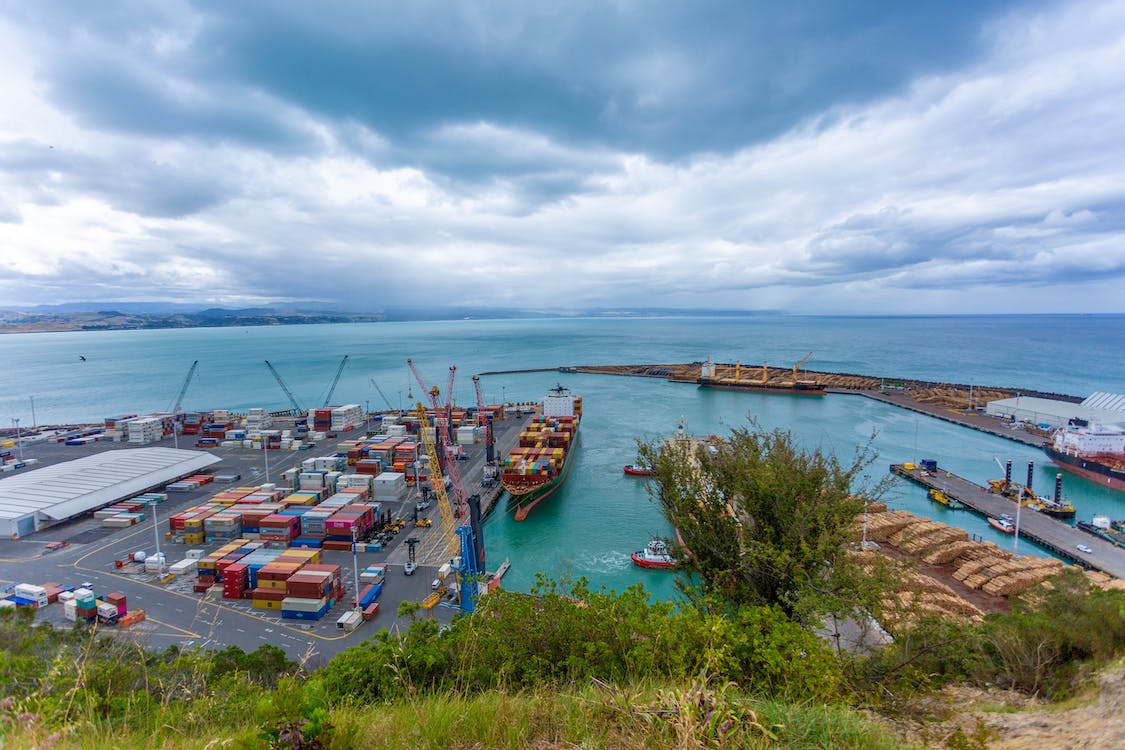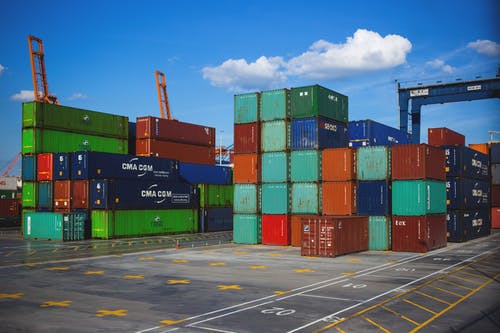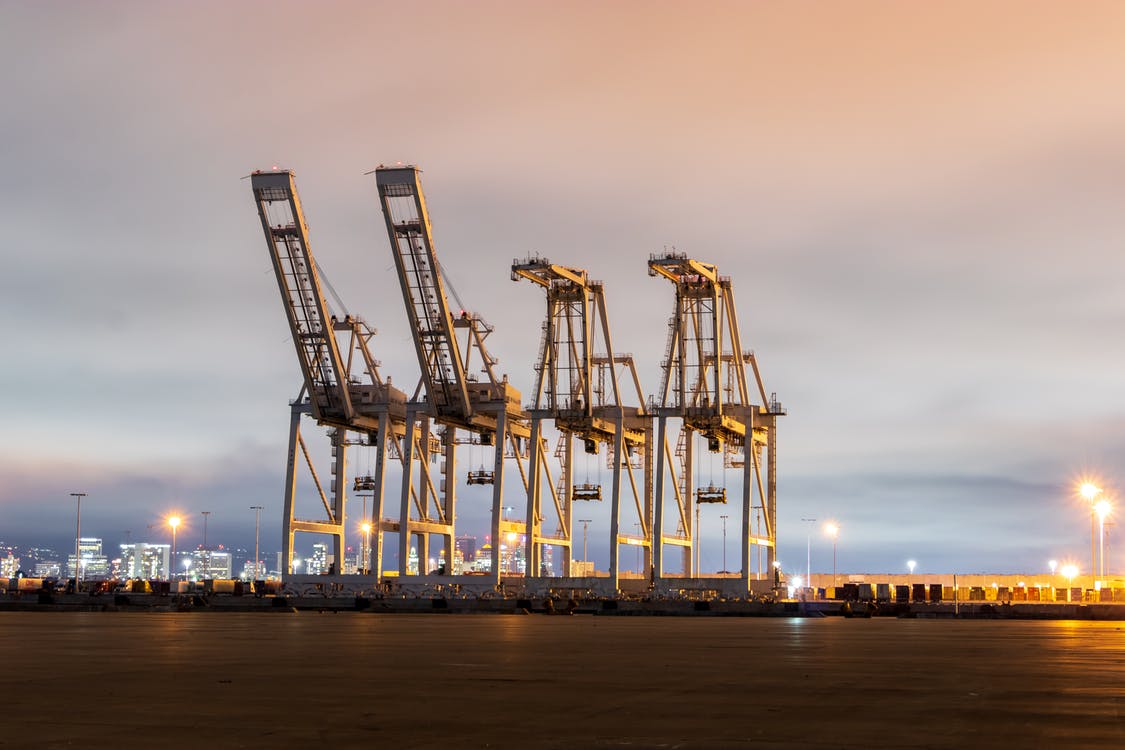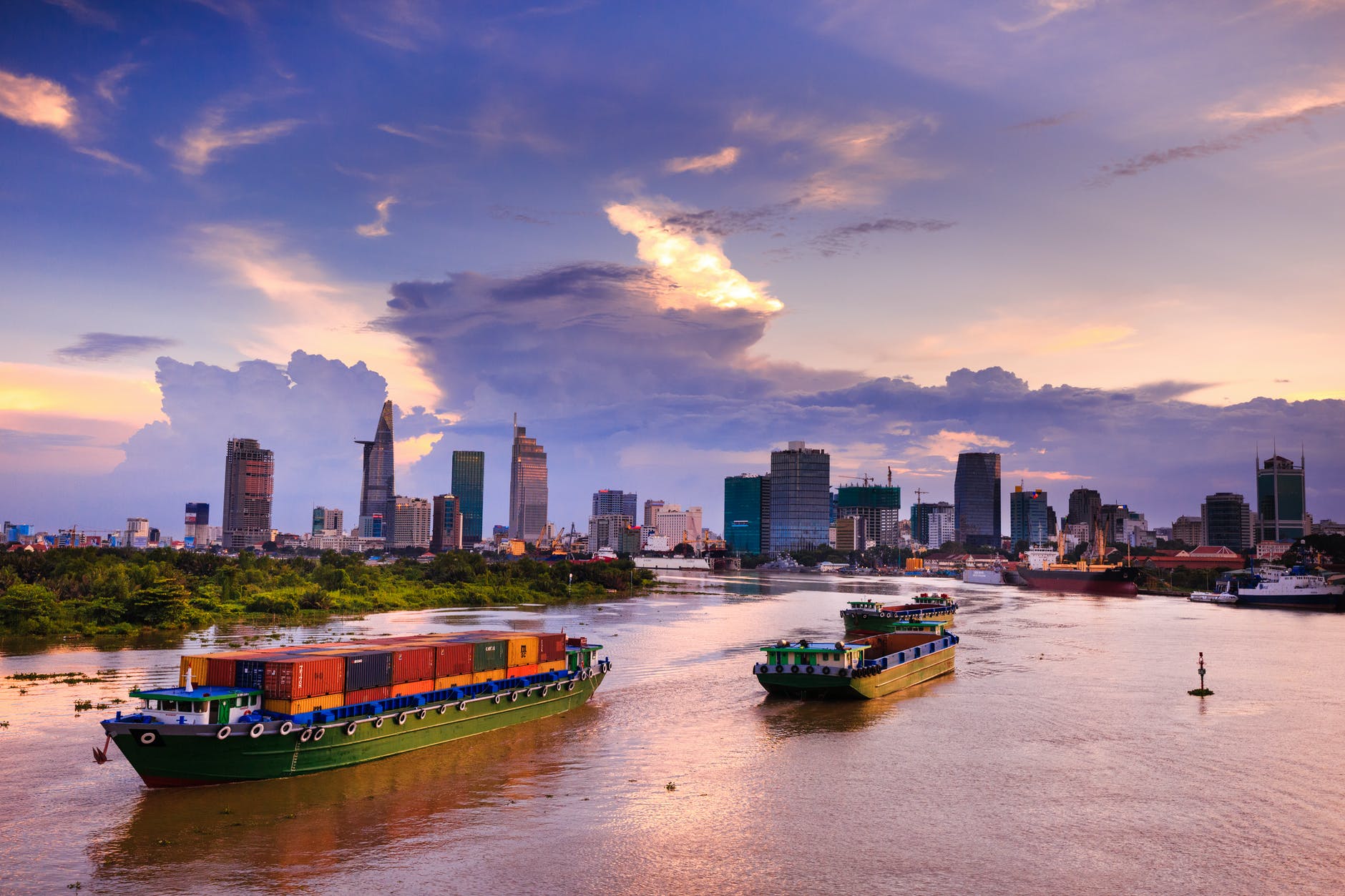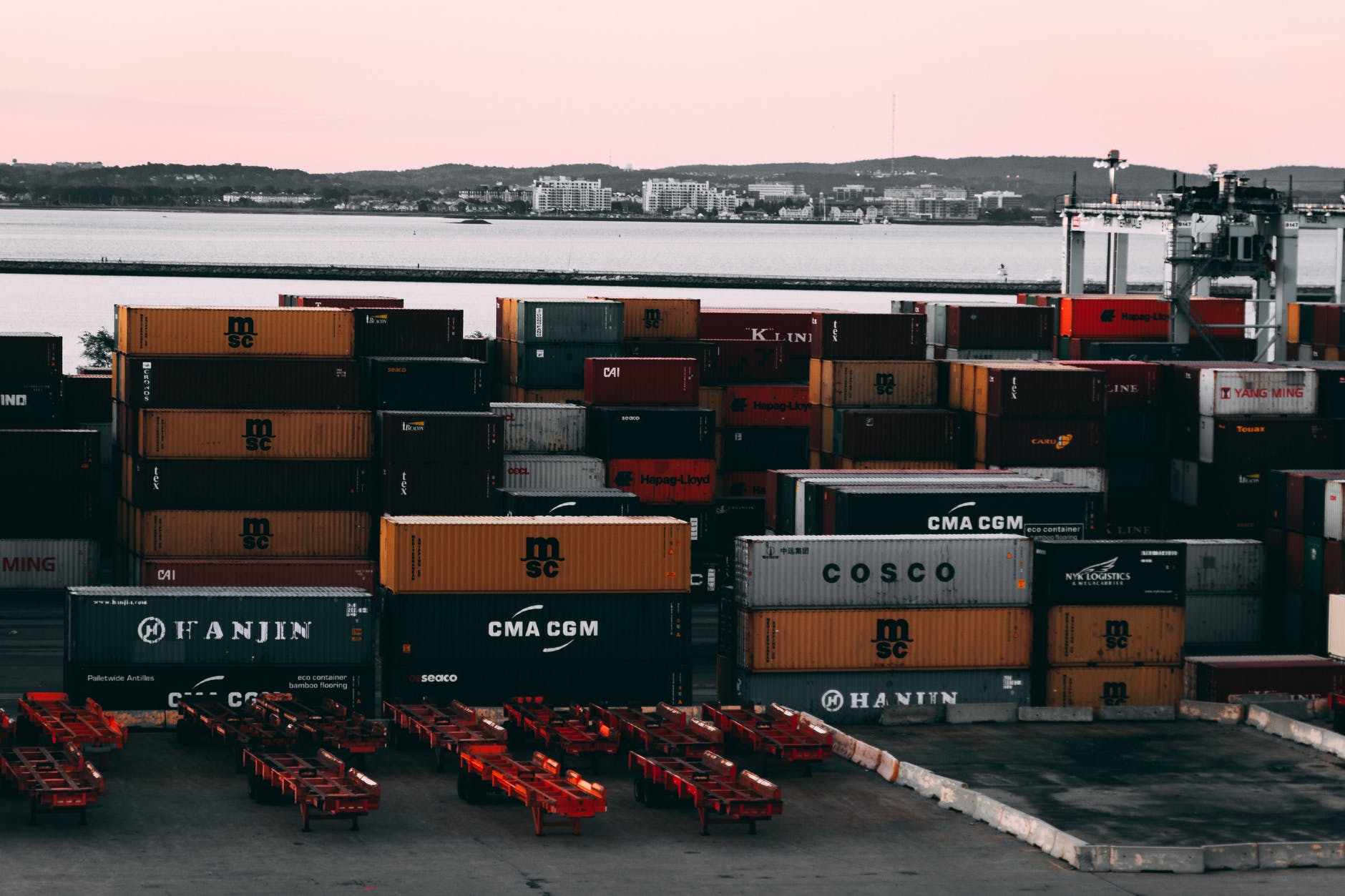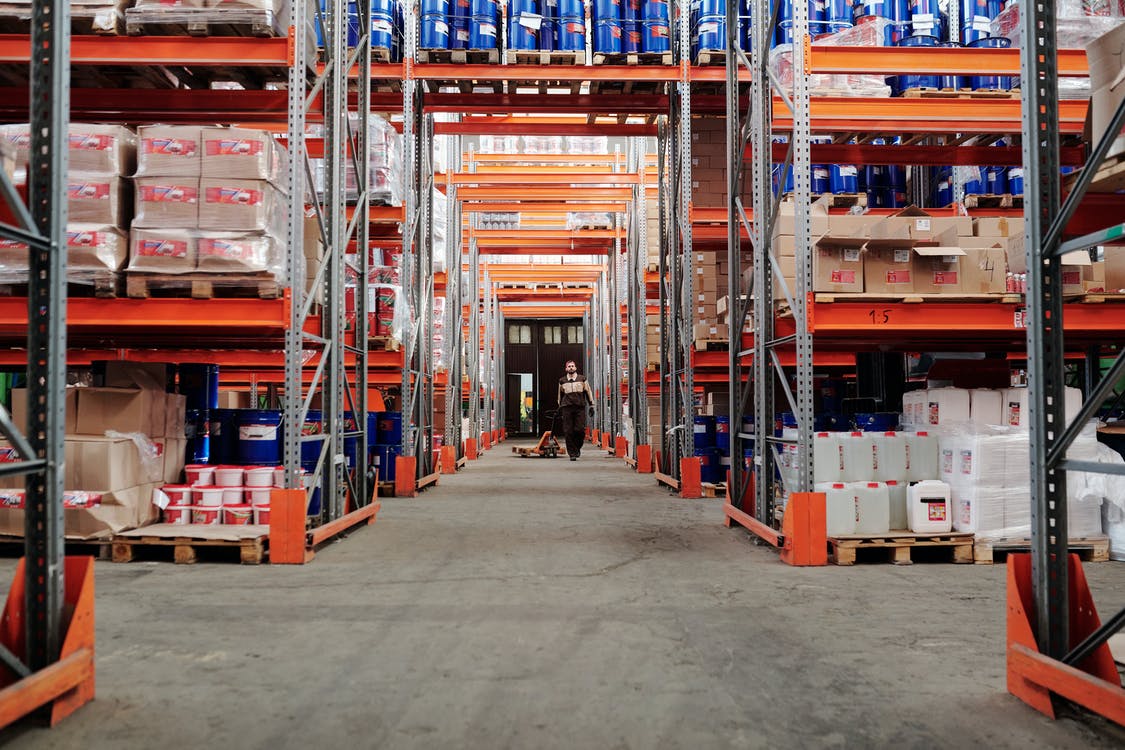Causes of Container Imbalance-Infographic
Container imbalance is a major problem that affects almost all shipping businesses. There are many possible causes of this imbalance, and it is important for you to identify the root of the problem before embarking on any solution.
This is often caused by the cargo being sent from one country to another in a transport container that is not equipped with enough space to transport the cargo safely. The cargo becomes oversized or simply too heavy to be handled by the transport container.
In either case, you have a severe problem, and you need to contact a freight forwarder in the Philippines or a logistics company to help sort out the issue.

Why Businesses Suffer from Container Imbalance?
One reason that you may be dealing with container imbalance is that your shipping rates are too high. Freight forwarders in the Philippines or logistics companies in the United States can help you reduce the cost of shipping your products to your customers in the Philippines or anywhere else in the world.
Rates that are too high for the average business can put a serious financial burden on the company, and it is imperative that you find ways to reduce your shipping costs. It is impossible to do this without reducing the size of your shipment or moving the cargo to a more affordable location.
Another common cause of the imbalance is that you are using a single freight forwarder to ship to several different locations. This means that you are sending your product to different vendors instead of sending it to just one customer. This makes the product available to multiple customers, and it creates an opportunity for your vendor’s cost to increase since they will be paying to serve multiple clients. This is why it is vital to use more than one freight forwarder to balance your shipment correctly.
If you are not shipping to any customers directly but shipping to a single location, there could be a couple of different causes for the imbalance. Perhaps the cargo being hauled is too light. Light cargo tends to move slowly, which can add to the delay in getting the product to its destination. Perhaps the shipment is coming from a different part of the country than was originally shipped, and the freight forwarder simply doesn’t have the capacity to handle the load.
Regardless of the reason, it is a good idea to contact your freight forwarder and determine whether they have the right equipment to help move your containers.
Dealing with Container Imbalance
There are a few solutions for dealing with container imbalance. The first is to simply wait for your shipment to clear customs before contacting a freight forwarder to help with your shipping needs. This can take some time, but it might also give you some added peace of mind.
The second option is to use a cargo service that can help with your shipping needs. These services will not only get your cargo to its destination faster, but they will also use qualified drivers to make sure that your goods arrive in good condition.
If you choose to use a service to help with your shipping balance, ensure that the service has the appropriate licensing and insurance. You can also check with your forwarder about any container balance requirements or other fees that may apply to your shipment. It’s always a good idea to double-check to know that you are not leaving anything out. Any fees that apply to shipping that cannot be paid for upfront should be clearly marked on the package.
Once you have double-checked all of your requisites, you should be ready to contact a cargo forwarder. When you reach this point in the process, you should already have an idea of how much your shipment will cost to send to your final destination. You can then negotiate a reasonable shipping fee based on the container balance. If you are able to come to a financial agreement, the cargo company may even assist you with finding a secure place to ship your goods as well. This would help you avoid having to pay dock fees or find a shipper who has containers available to move your goods.
Shipping companies are only equipped to help you out when you are already running short on time or a shoestring budget. They are also familiar with the ins and outs of the shipping industry and understand what kinds of options are available to you in order to conserve energy and space while shipping your goods. Just don’t try to do the job yourself. Hire a professional cargo shipping company to save you time and frustration.
Excelsior Worldwide Freight Logistics conducts free orientation for those who are willing to learn. It is our advocacy to share our knowledge & experience worth more than a decade in the business. Visit our website today at www.excelsior.ph to learn more about our service.

